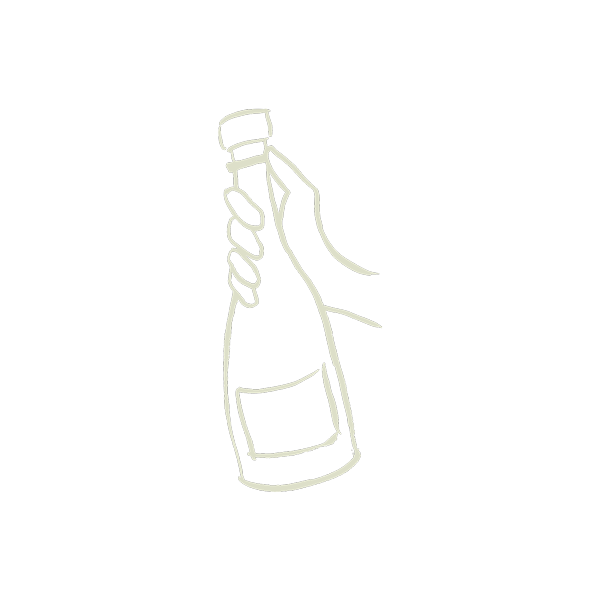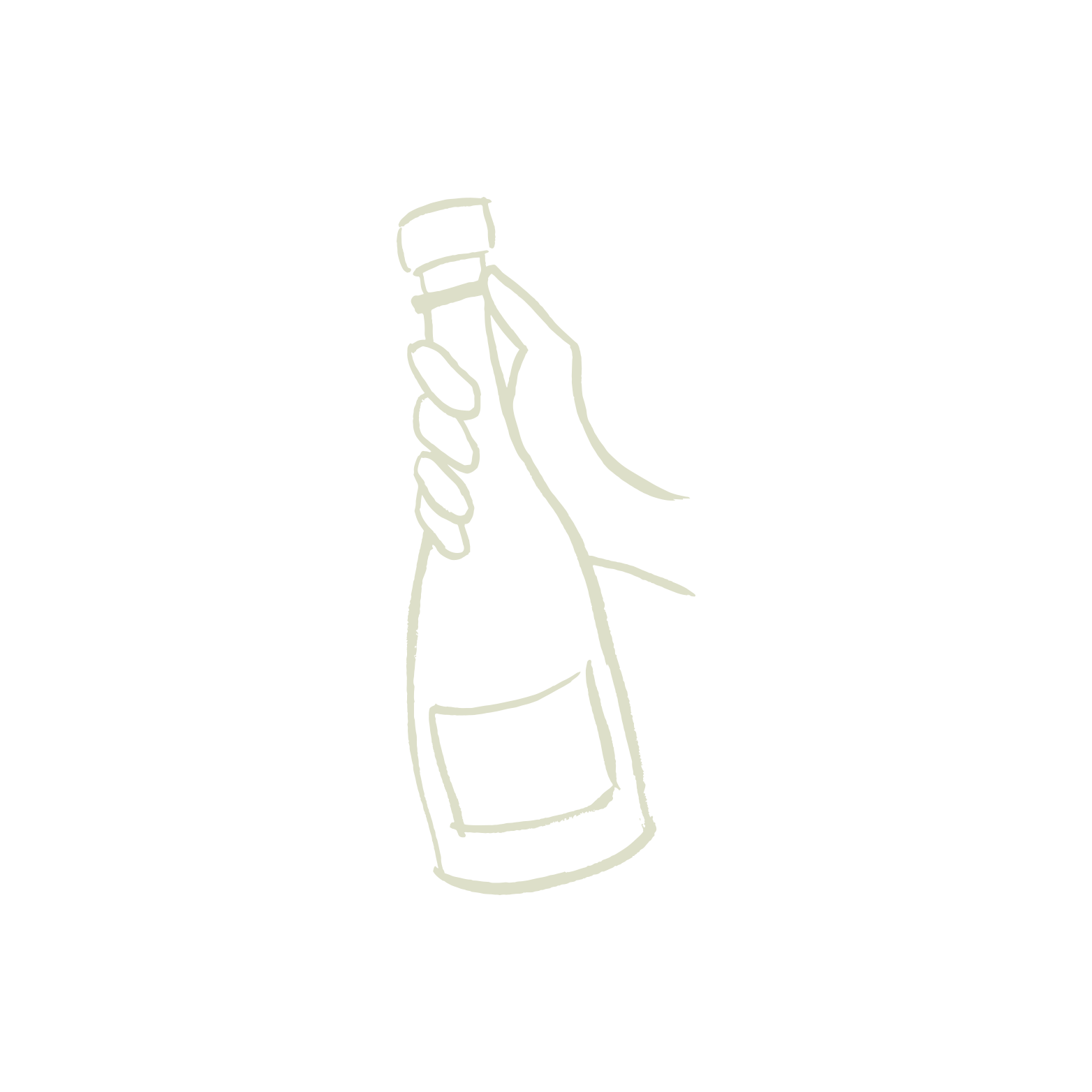Spring 2023 Champagne Club Allocation

In this first allocation of 2023, we’re stocking you up on cuvées that are perfectly suited to your vernal season celebrations. Notice how the bottles in your box are crisp, clean and bright with soft floral notes and aromas of turned earth and freshly cut grass — so deliciously on point for spring.
Grower Champagne is, of course, delicious in any season. But there’s something poetic about sipping it in the springtime. Like so much of the natural world in winter, your Champagne has been resting — gaining energy, richness and finesse so that when you burst open that bottle, it’s fresh, full of life and fit to awaken your senses. There’ll be plenty of time for swimsuits and ripe strawberries; for now enjoy these fervent, long-lasting bubbles in the warm sunshine with a cool breeze from the comfort of your favorite sweatshirt as you search, lazily, for the first signs of spring.
This year, we're going digital! You can find tasting notes for each of the cuvées in the product pages found below. Just download and share!
What's included in the March 2023 Allocation:
Weekenders:
- Mathieu-Gandon Esprit Brut Nature (Made just for fatcork!)
- Alexandre Lenique Pur Noir
- Mathieu-Gandon Rosé de Saignée
- Pascal Redon Diaphane or Pascal Redon Millésime 2014
Frequent Fizzers:
- Mathieu-Gandon Esprit Brut Nature (Made just for fatcork!)
- Alexandre Lenique Pur Noir
- Mathieu-Gandon Rosé de Saignée
- Pascal Redon Millésime 2013 Nature (New!)
- Hervieux-Dumez Brut Rosé
- Mathieu-Gandon Esprit Saveur
Merrymakers:
- Mathieu-Gandon Esprit Brut Nature (Made just for fatcork!)
- Alexandre Lenique Pur Noir
- Mathieu-Gandon Rosé de Saignée
- Pascal Redon Millésime 2013 Nature (New!)
- Hervieux-Dumez Brut Rosé
- Mathieu-Gandon Esprit Saveur
- Hervieux-Dumez Special Club 2016 Nature
- Etienne Calsac L'échappée Belle Extra Brut
- Stéphane Regnault Chromatique
- Didier-Ducos Millésime 2012
- Mathieu-Gandon Blanc de Blancs 2017 (New!)
- Adrien Redon Un R de ríen Brut Nature
About the growers:

Mathieu-Gandon
Fabien and Séverine Mathieu are a husband and wife team committed to doing things differently. In their vineyards, which lie in Baslieux-sous-Châtillon in Vallée de la Marne, the vignerons experiment with different techniques in the vineyard and in their production house. Mathieu-Gandon Champagnes are precise, fresh and clean, and they have all aged on the lees for three or more years.

Alexandre Lenique
Alexandre Lenique’s family has been making wine for more than 250 years — on the same 6 1/2 hectares of vineyards and in the same caves below the historic Lenique estate in Pierry, outside of Épernay. A fourth-generation vigneron, Alexandre is passionate about sustainable agriculture. His commitment to protecting the area’s biodiversity and promoting rich soil composition is a driving force behind his incredible cuvées.

Pascal Redon
Pascal Redon began making Champagne with his wife Pascale on 5 hectares of land in the village of Trépail in 1982. Today, their sons Adrien and Hugo are in charge. While the brothers produce cuvées for the newer Adrien Redon line, they also continue to make Champagne according to their father’s more traditional methods under the name Pascal Redon.

Hervieux-Dumez
Four generations of vignerons have made Champagne at Hervieux-Dumez, a storied house tucked away in the small village of Sacy. At its helm today, Laurent, Clément and Timothée Hervieux encourage biodiversity by keeping bees and letting chickens roam their vineyards to fertilize the land and control weeds. At the same time, the vignerons’ elegant, refined cuvées reflect a passion for the craft and reverence for their family’s traditions.

Etienne Calsac
For years, the Calsac family sold the grapes they grew in their vineyards to the region’s grand Champagne houses. But, in 2010, 26-year-old Etienne Calsac inherited the vines and expanded the family business to incorporate Champagne-making from start to finish. Today, on his Avize estate, Etienne applies the strict quality control methods his grandparents taught him while also contributing his own spirit of experimentation during vintification.

Stéphane Regnault
Stéphane Regnault is the first in his family to make Champagne from the grapes grown on their 4 hectares of certified organic and biodynamic vineyards in Le Mesnil-sur-Oger on the Côtes des Blancs. A jazz musician at heart, Stéphane applies a kind of polyrhythmic method to his craft by creating his trio of plot-specific cuvées with a perpetual reserve from the previous vintage, beginning with his first in 2014.

Adrien Redon
The Redon family has been tending vines and making Champagne in the village of Trépail since 1982. After two decades as vigneron, Pascal Redon and his wife, Pascale, passed the estate to their eldest sons Adrien and Hugo. With Hugo’s behind-the-scenes help in the vineyard and in the production house, head vigneron Adrien crafts his own unique style of low-dosage Champagne that highlights the chardonnay grapes for which the area is best known.

Didier-Ducos
In the Vallée de la Marne commune of Saint-Martin d’Ablois, husband and wife team Nicolas and Clotilde Didier are the fourth-generation to tend Didier-Ducos’ 8 hectares of vineyards, which face south on smooth, sloping hillsides replete with limestone and clay-rich soil. Nicolas and Clotilde’s signature low-dosage cuvées maintain delicacy and viridity due to the prime location of their vineyards.

